Nothing gets me functioning in the morning better than strong coffee. And if I'm going to start my day with a dreaded workout, that steaming cup of caffeine is the exact motivation I need to get going. Although coffee might not seem like the best beverage to drink before hitting the gym, it actually has a few hidden benefits over water that may surprise you.
Indeed, a cup of joe might be the very exercise jolt you've been searching for. The National Coffee Association reports coffee consumption these days is sharply up across all age groups: an estimated 62% of Americans are consuming java on a daily basis. So we got the coffee part down pretty well. Now let's review the various ways our collective coffee habit can aid not only in waking us up, but powering us through our next workout, too.
#1: Coffee Gives You an Energy Boost
In an interview with CNN, sports nutritionist Heidi Skolnik, MS, said that drinking a cup of coffee about one hour before a workout is "optimal." She explains:
Caffeine is quickly absorbed from the stomach within 15 to 45 minutes of consumption, but it hits its peak stimulatory effects between 30 and 75 minutes.
Hence, if you time your cup of coffee and workout routine well, you could enjoy a prime energy boost when you most need it.
#2: Coffee Makes Your Exercise Feel Easier
Coffee's link to an energy boost ties into our next benefit: making that workout seem far more breezy than you remember. A team of researchers from Griffith University published a study in the Journal of Applied Psychology that examined the average coffee drinker's workouts and if caffeine could play a beneficial role in gym time.
The study began by mimicking a routine that's familiar for many of us: a cup of coffee right after waking up, a workout, and a coffee-and-food breakfast. To test the effects, though, not all participants received true coffee. About 90 minutes before the scheduled workout, researchers handed out either an 8-ounce cup of coffee or a placebo.
The results? Those who drank coffee leading up to their exercise regimen reported feeling their workout was easier than when performed without caffeine. Whether it was from the extra burst of energy provided by the cup of java, or the participants' perception of their energy level after ingesting caffeine, they were nevertheless able to power through their exercise more easily.
#3: Coffee Can Help You Burn More Calories
A study published in the International Journal of Sport Nutrition and Exercise Metabolism, conducted by Spanish researchers, discovered just how much caffeine impacts metabolism. Placebos were again key.
The researchers examined athletes during their average training regimen, giving some of them caffeine and others a placebo. As with the Griffith University study, those who actually got the caffeine reported different results. Here, those who ingested 300 milligrams of caffeine before working out burned 15% more calories than those who received the placebo. Not only that, their bodies continued feeling the burn for three hours after their exercise ended.
Note: When it comes to calories, though, the source of the caffeine is also a factor. Sugary caffeinated drinks like soda, for instance, will do more damage than good, despite their caffeine content. While caffeine may get your body burning calories, the additives and sugars in soda can lead to weight gain. Something to keep in mind.
#4: Coffee Can Soothe Post-Workout Pain
For some of you, feeling the pain and aches from exercise days later is a sign of an effective workout. For the rest of us, though, it just makes us want to skip our next gym appointment and laze on the couch. Well, did you know coffee can help with that?
In the spring of 2007, researchers at the University of Georgia found that an average person's caffeine intake is enough to fight the pain felt post-workout. The results were published in The Journal of Pain.
They tested the effects of caffeine versus common over-the-counter pain relievers and found that two cups of coffee prior to exercise left participants feeling 48% less sore afterward. Meanwhile, common pain relief medications naproxen and aspirin reduced soreness by just 30% and 25%, respectively.
This Said, Don't Go Overboard with the Caffeine
Before you begin gulping coffee down instead of water every time you want to exercise, remember that ingesting too much caffeine does have negative side effects. Yes, in order to make the most out of your morning joe, Cynthia Sass, MPH, RD, suggests you keep a few rules in mind.
- One cup doesn't fit all: Each person handles caffeine and its effects differently. Instead of drinking as much as you can, stick to the recommended maximum for your body weight: 6 milligrams per kilogram. The Mayo Clinic puts the caffeine-intake number at 400 milligrams for most adults, which translates to about four cups of brewed coffee a day.
- Consistency: Try to consume your caffeine in the same manner and amount each day. In other words, be consistent. As a natural diuretic, coffee can dehydrate the body, and one thing we definitely need when exercising is hydration. Being consistent with your coffee consumption will help your body adjust, so help it along by keeping your intake the same. Two cups on Monday means two cups on Tuesday, Wednesday, and so on.
- Mix it up: Be creative in how you consume your caffeine and try and be mindful of how certain healthy ingredients can become part of the mix and flavor. For a fruit smoothie, for instance, you can just add some coffee; mix it up and you're ready to go. You can also replace the typical cream and sugar with soy or almond milk or another substitute.
- Finally: Don't take the pros detailed here as proof that coffee can replace water. It can't! Your body needs water during a workout. As sports nutritionist Nancy Clark, RD, tells WebMD, water is necessary during exercise, period. "Staying hydrated means you'll have a lower heart rate and a lower body temperature," she explains. "You won't feel as tired and you'll have better performance."
So in conclusion, while coffee offers a number of surprising benefits for you and your workout, you should think of it more as an addition to (water) rather than an either-or scenario. Post-workout, you'll want to replenish your body plenty with water and strike a good overall balance with your new caffeine intake.
- Follow Food Hacks Daily on Facebook, Twitter, Instagram, and Pinterest
- Follow WonderHowTo on Facebook, Twitter, Pinterest, and Google+
Cover photo via Chutima Chaochaiya/123RF











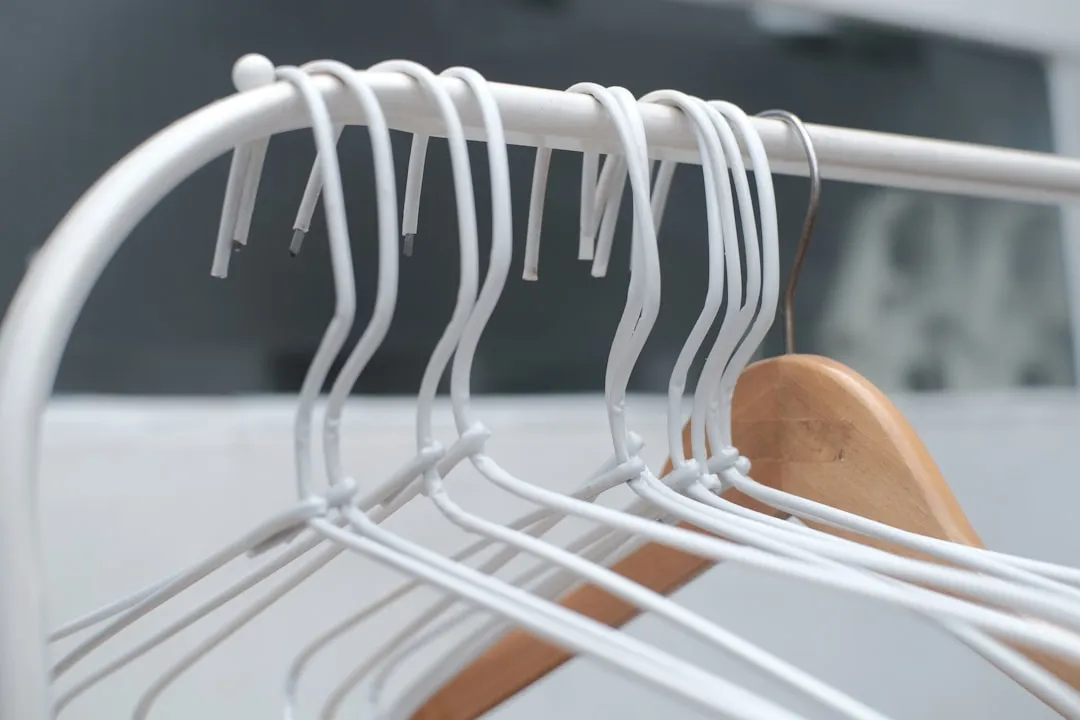
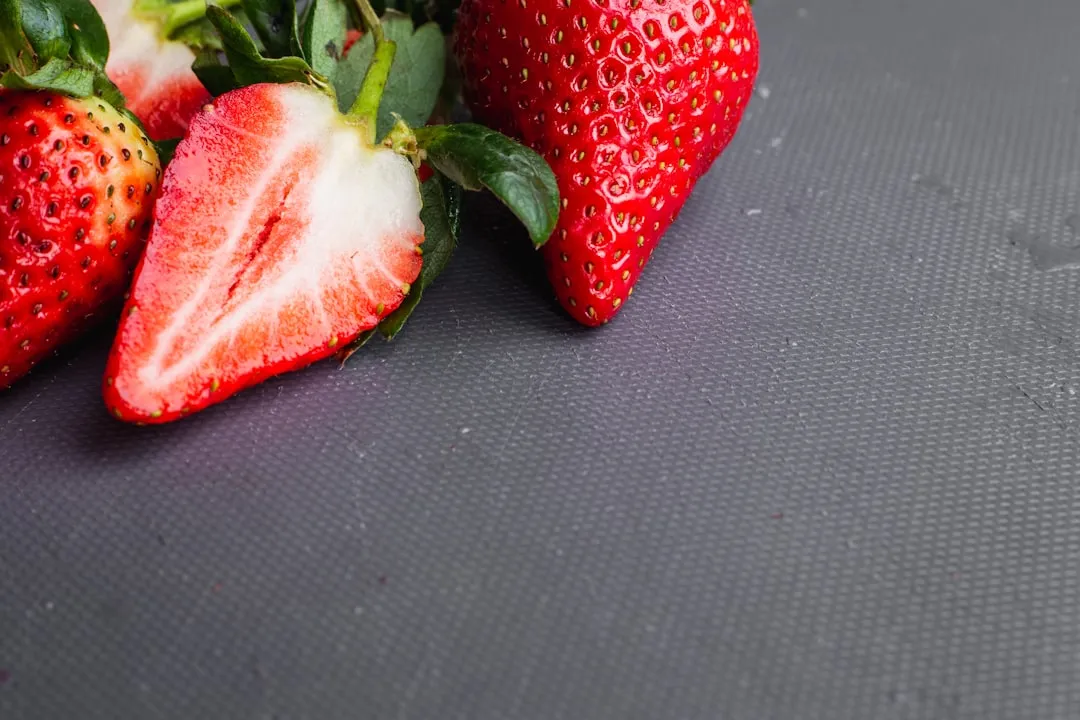
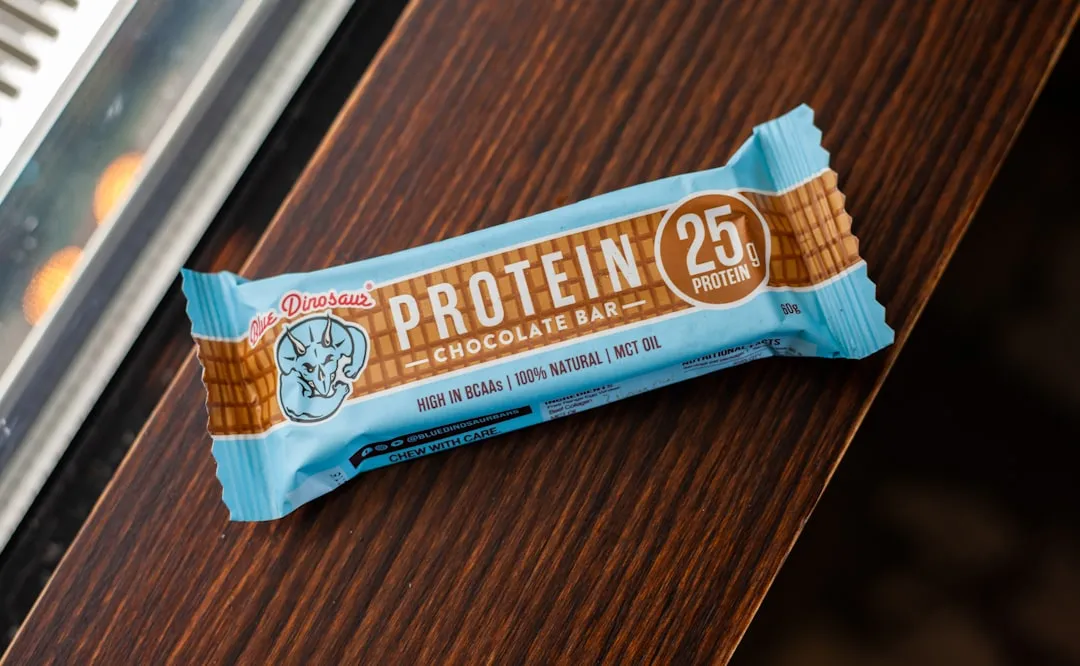







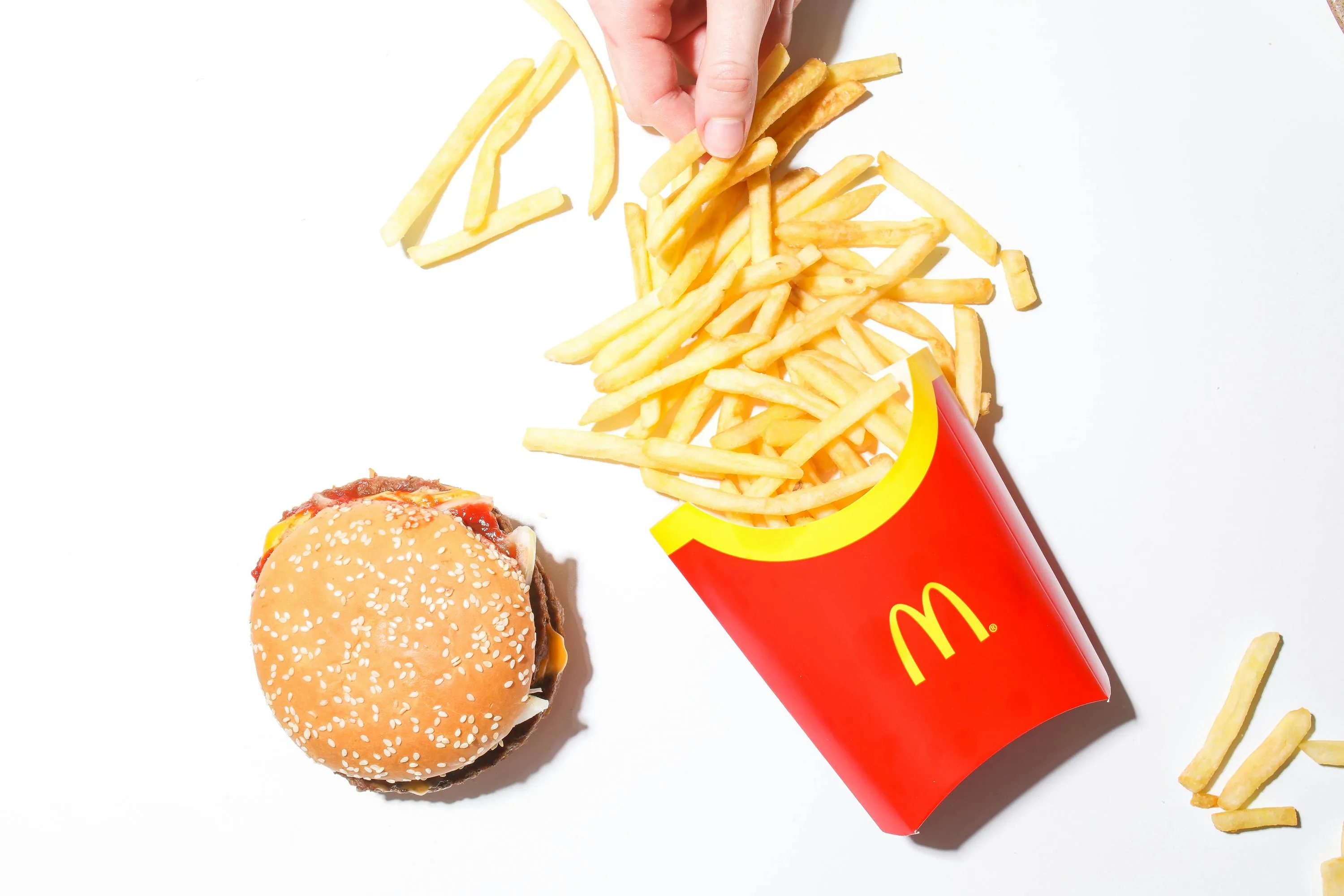

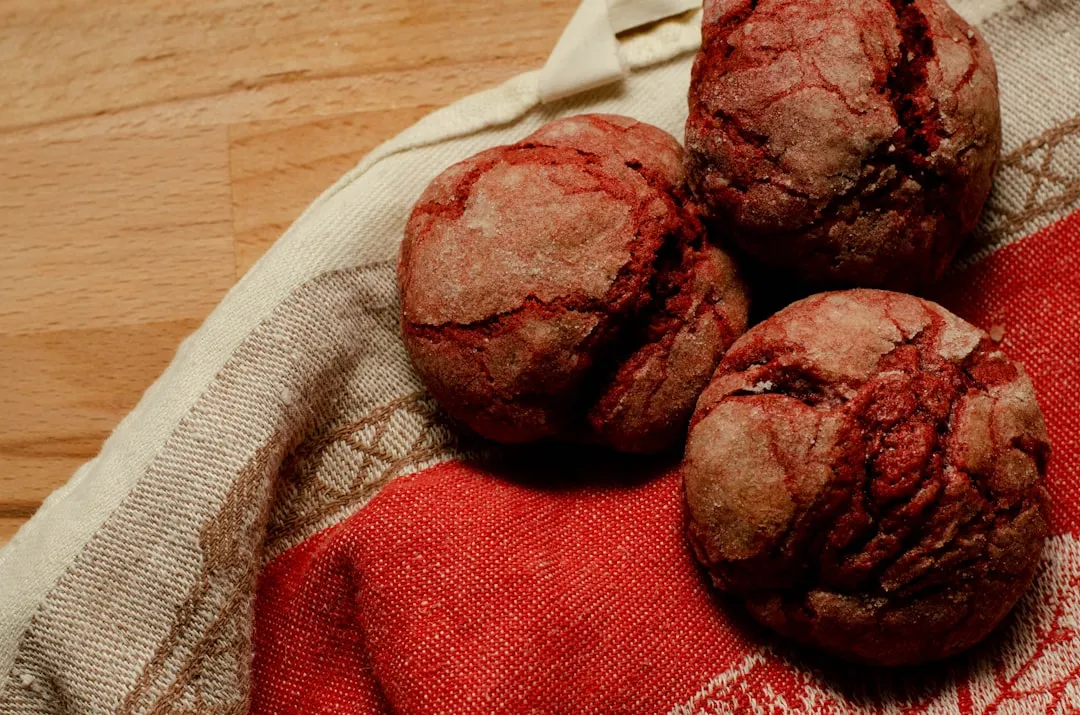


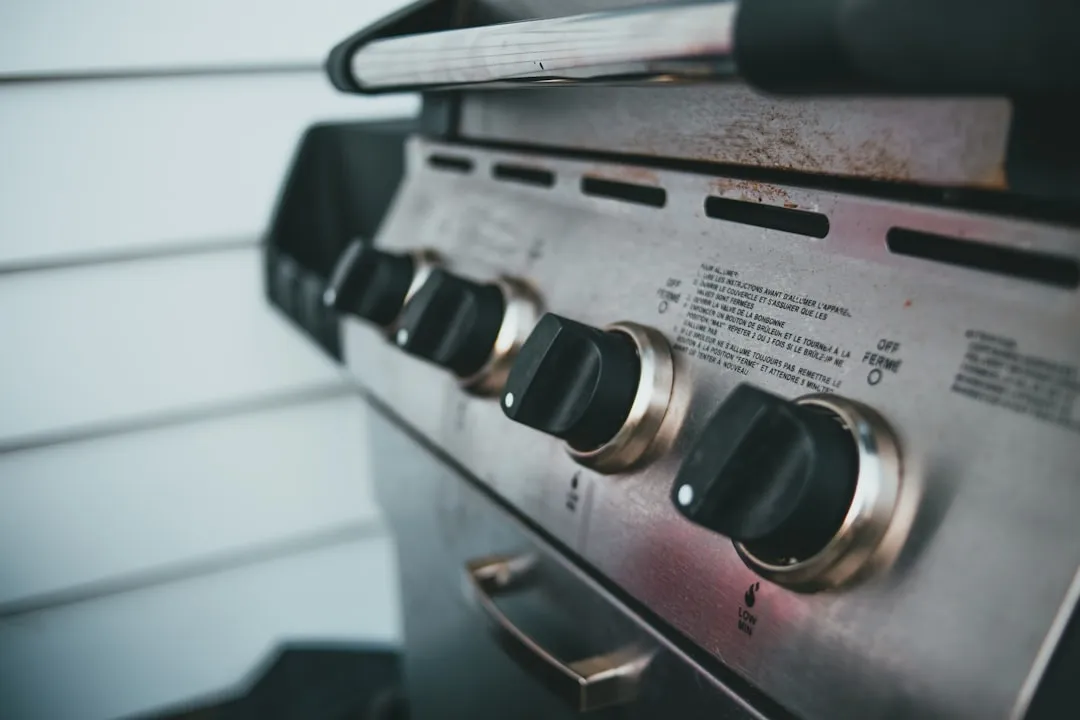
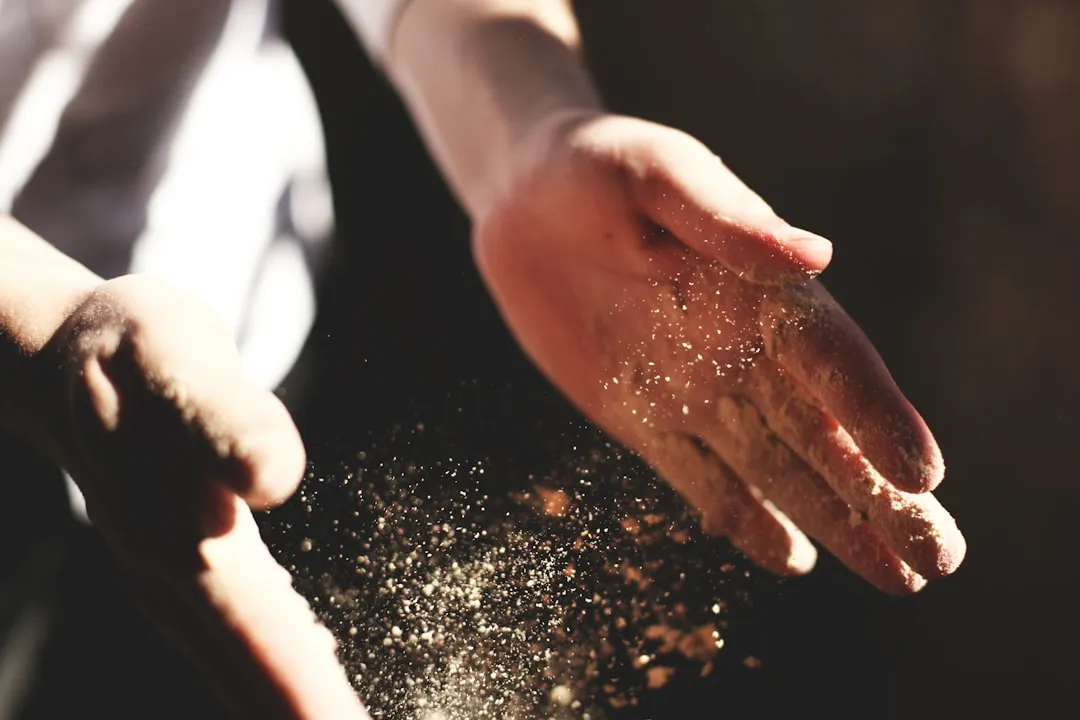

Comments
Be the first, drop a comment!